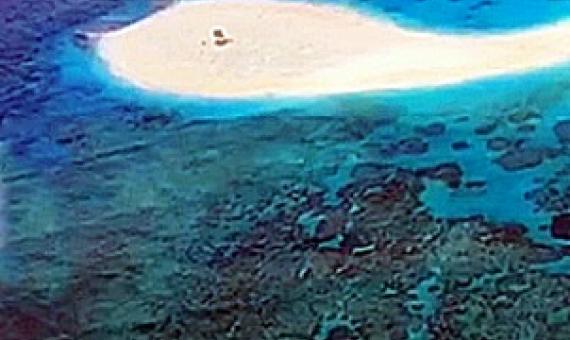Report on the search for Trochus niloticus in the Samusu and Amaile reefs
In Samoa the Tectus pyramis and the Turbo chrysostomus are generally spread through out the reefs within suitable habitats. These habitats are mainly of shallow sunlit waters within the lagoon and reefs. The juvenile species are mainly found in lesser rough waters while adult species are known to thrive on reef flats towards the reef slopes. They are herbivorous and mainly feed on algae (turf algae), diatoms and foramaniferas on dead corals and rock surfaces. (Bell & Mulipola,) 1995
Available online
Call Number: [EL]







